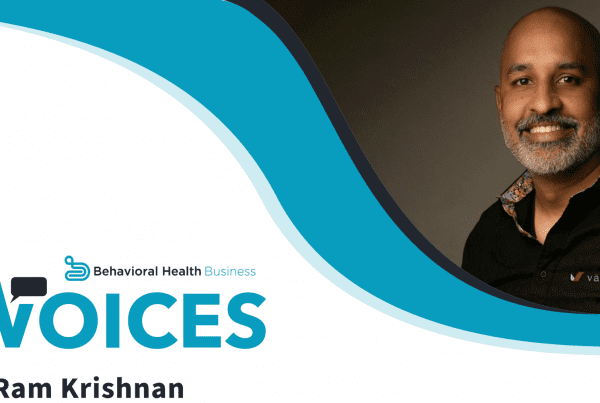As we close out 2024, the economic landscape has shifted. Expectations of falling interest rates and lower inflation earlier in the year have come to pass, and these changes can have significant implications for behavioral health practices, affecting everything from operational costs to patient care. Let’s explore how these economic trends might impact your practice, revenue cycle, and patients.
Interest Rates and Practice Finances
The Federal Reserve cut interest rates by 50 basis points in September. For behavioral health practices, this could translate into several benefits:
- Improved Access to Capital: Lower interest rates make borrowing more affordable. This could be an opportunity for practices looking to expand, upgrade technology, or refinance existing debt.
- Investment in Growth: With cheaper borrowing costs, practices might consider investing in new services, hiring additional staff, or improving facilities to meet growing demand for mental health services.
- Reduced Financial Stress: For practices with variable-rate loans, falling interest rates could mean lower monthly payments, easing financial pressures.
Impact on Revenue Cycle Management
The changing economic environment can also affect your practice’s revenue cycle:
- Increased Investment in Technology: With lower borrowing costs, practices might invest in advanced revenue cycle management (RCM) systems. This could lead to improved efficiency in billing and collections processes.
- Potential for More Out-of-Pocket Spending: As economic pressures ease, patients might be more willing to spend more on mental health services, potentially increasing revenue.
- Insurance Reimbursement Changes: While not directly tied to interest rates, a more stable economic environment might influence insurance companies’ reimbursement policies, potentially benefiting providers.
Effects on Patients and Care Delivery
The economic shifts can have both direct and indirect effects on your patients:
- Increased Affordability of Care: Lower inflation rates could mean that the cost of healthcare services, including mental health care, increases more slowly. This could make treatment more accessible for some patients.
- Potential for Expanded Services: If practices can invest in growth due to lower borrowing costs, patients might benefit from a wider range of services or shorter wait times.
- Economic Stress Reduction: Lower inflation and potential economic improvement might reduce financial stressors for some patients, positively impacting their mental health.
Preparing Your Practice for the Future
To make the most of these economic trends, consider the following strategies:
- Review Your Financial Strategy: Assess your practice’s debt and consider if refinancing or taking on strategic debt for growth makes sense in a lower interest rate environment.
- Invest in Efficiency: Look into upgrading your practice management and EHR systems. Specialized behavioral health EHRs can significantly improve operational efficiency and revenue cycle management.
- Focus on Patient Experience: With potentially increased competition, ensuring high-quality patient experiences will be crucial. Consider how you can improve care delivery and patient engagement.
- Stay Informed: Economic conditions can change rapidly. Keep abreast of economic trends and their potential impacts on healthcare policy and reimbursement.
- Plan for Growth: If you’ve been considering expanding your practice, the coming year might provide favorable conditions to do so.
While falling interest rates and lower inflation can provide opportunities for behavioral health practices, it’s important to approach these changes strategically. By staying informed, investing wisely in your practice’s infrastructure and technology, and focusing on efficient operations and quality care, you can position your practice to thrive in the evolving economic landscape.
Remember, every practice is unique, and it’s always advisable to consult with financial and healthcare experts when making significant business decisions.
The Continuum of Change Management
Our whitepaper ‘The Continuum of Change Management’ breaks down the complexities of managing change in your organization and explores how different types of EHR solutions can help you overcome those challenges.









